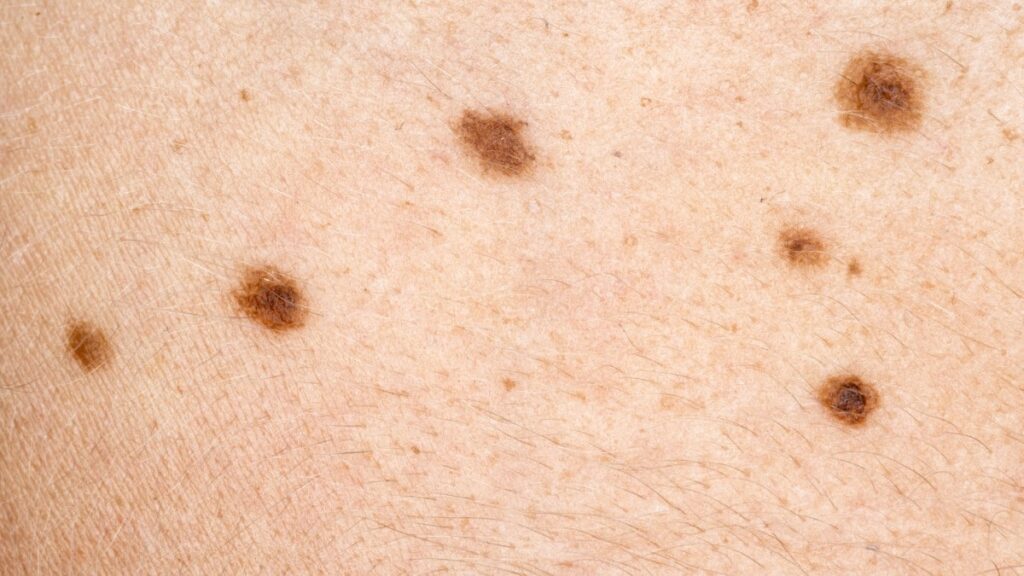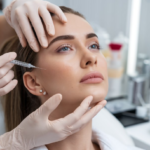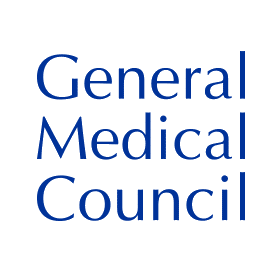Skin Cancer: Early Detection and Effective Treatment at My Dermatology Clinics

Why Choose Us ?
- Expert Doctors with Decades of Experience
- Top-Tier Care at Affordable Prices
- On-Call Doctors Available 7 Days a Week for Our Patients
- Open weekdays, weekends and late evenings
- Same day treatments available
- Independently rated 98% (4.9/5) by over 1,000 pateints
Skin cancer is the most common type of cancer, but when detected early, it is highly treatable. At My Dermatology Clinics, we offer comprehensive skin cancer screening and treatment options to ensure the health and safety of your skin. Our team of experts is committed to providing personalised care, guiding you through every step of diagnosis and treatment.

Symptoms
- A new growth or sore on the skin that doesn’t heal.
- Changes in the appearance, size, shape, or colour of an existing mole or skin lesion.
- Itching, bleeding, or tenderness around a mole or growth.
- A mole that appears asymmetrical, with uneven edges or multiple colours.
- A mole that becomes larger or develops an irregular border.
Causes and Risk Factors
Causes:
- Skin cancer is primarily caused by damage to the skin cells’ DNA, often due to prolonged exposure to ultraviolet (UV) radiation from the sun or tanning beds.
- Skin cancer can also occur due to genetic mutations that cause abnormal cell growth.
Risk Factors:
- Excessive sun exposure or a history of sunburns, especially in childhood.
- Fair skin, light hair, and light eyes, which are more susceptible to UV damage.
- A family history of skin cancer or personal history of skin cancer.
- Having numerous moles, especially atypical or irregular ones.
- A weakened immune system, such as in individuals with organ transplants or certain immune disorders.
- Previous radiation treatments that expose skin to UV light.
Treatment Options
- Excision Surgery: The most common method of skin cancer removal, where the tumour is cut out along with some surrounding tissue to ensure complete removal.
- Mohs Micrographic Surgery: A highly precise surgical technique in which the cancerous tissue is removed layer by layer, allowing the surgeon to examine the tissue under a microscope and ensure all cancerous cells are eliminated.
- Radiation Therapy: High-energy radiation is used to target and kill cancer cells, often used when surgery is not an option.
- Cryotherapy: Freezing cancer cells with liquid nitrogen, causing the affected tissue to die and fall off.
- Immunotherapy: A treatment that stimulates the body’s immune system to fight skin cancer cells.
- Topical Treatments: Medications applied directly to the skin to treat certain types of superficial skin cancers.
- Chemotherapy: In some cases, chemotherapy may be used to treat advanced skin cancer.
Prevention Tips
- Protect your skin from UV rays by wearing broad-spectrum sunscreen with a high SPF, even on cloudy days.
- Avoid tanning beds, which increase the risk of skin cancer.
- Wear protective clothing, such as hats, sunglasses, and long sleeves, to shield your skin from the sun.
- Seek shade during peak sun hours, typically between 10 a.m. and 4 p.m.
- Regularly check your skin for changes in existing moles or the appearance of new growths, and consult a dermatologist if any abnormalities occur.
- Get regular skin cancer screenings, especially if you have risk factors.
Why Choose My Dermatology Clinics
At My Dermatology Clinics, we understand the importance of early skin cancer detection and treatment. Our team of dermatologists is trained in advanced diagnostic techniques to identify skin cancer in its early stages, ensuring the most effective treatment options. We offer personalised care and use the latest treatment options to provide safe, effective, and minimally invasive solutions. Trust us to provide expert care, guiding you through the process with compassion and expertise.
Meet The Team




Patient Reviews
Great Service
Amazing team
The team is amazing and professional
Nice click
I was really treated so nice, the team is amaizing
Book Your free consultation Today


